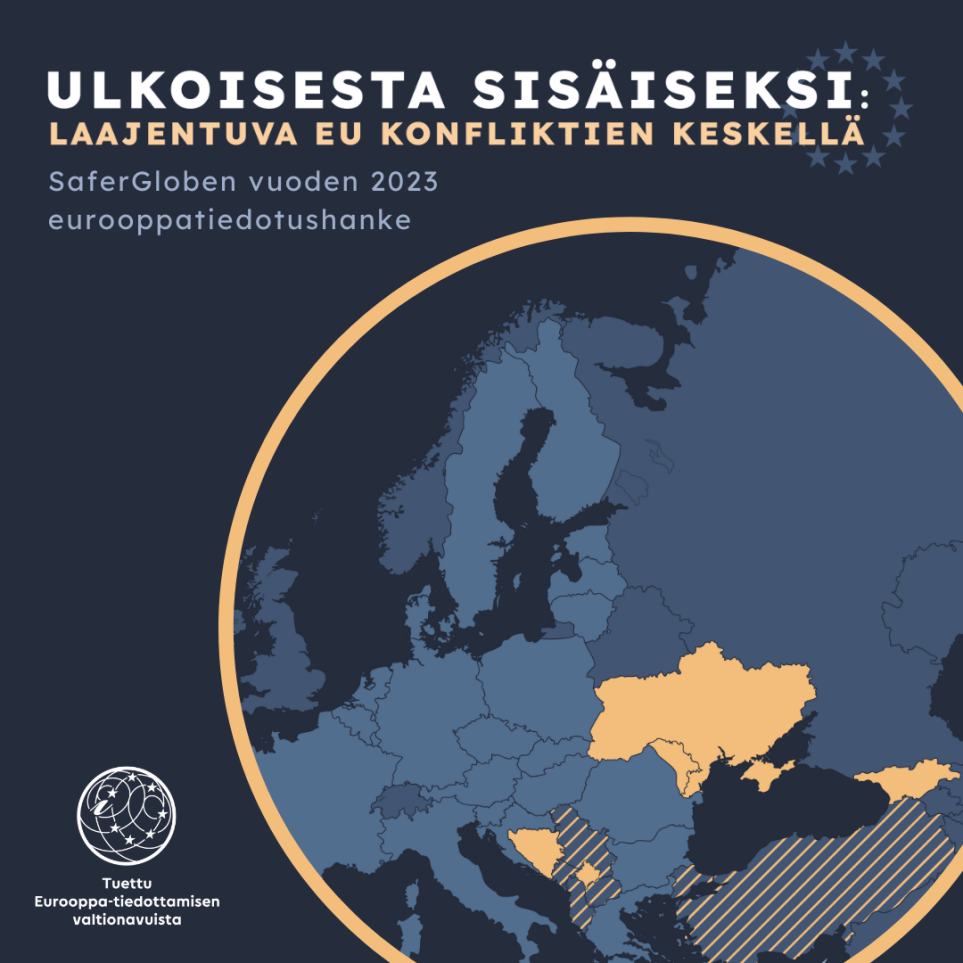
The foundation of the European Union is considered one of the world’s greatest peace projects. By uniting nations through shared declared values, common policies, and free trade, it has played a central role in maintaining stability and preventing wars between its member states. The success itself was expected to encourage countries outside the EU to embark on a path of internal reforms, at the end of which full EU membership awaits. Russia’s full-scale invasion of Ukraine in February last year fundamentally altered the continent’s geopolitical landscape. Many countries are now seeking anew to align themselves with the EU, whose membership has been seen as a promise of security, peace, and a more stable future. However, challenges to expansion are posed by escalating foreign policy tensions, prolonged conflicts, and unresolved internal disputes.
SaferGlobe’s 2023 Europe Information Project examines this possible next wave of EU expansion. Last year, five European countries took a decisive step on the path toward EU membership. Alongside the existing applicant countries, three new candidate countries were accepted: Ukraine, Moldova, and Bosnia and Herzegovina; additionally, Georgia and Kosovo submitted their membership applications. In the changed global situation, a new role is emerging for the EU as an increasingly active peace mediator and conflict resolver. Can the EU fulfill its promise of continent-wide peace while the contradictions it has left outside its borders increasingly become internal issues?